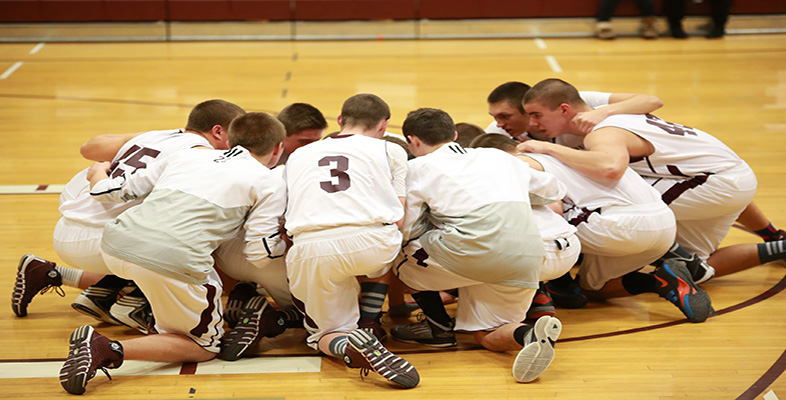3.1.1 Forming
In the first stage of team development, team members meet (either in person or electronically) and begin to get to know each other. Often, team members will begin to establish the ground rules for how the team is to operate and how they will work on the task that the team has been assigned. It is tempting to skip or rush this stage in team development because it does not appear to contribute directly to the project outcomes. However, you should recall that this ‘forming’ stage is an important part of the team development process without which effective communication is unlikely to be possible within the time available to the project.
Features of this stage
- Team members try to get to know each other. In collocated teams, this often takes the form of a workshop with ice-breaking and social activities that are designed to help the team members to get to know one other. Facilitators with experience of building teams may be brought in to run these introductory workshops.
- The team attempts to understand the task or project that they have been assigned. This understanding will include trying to scope and define the boundaries of the task.
- Individuals within the team will be trying to work out what role they want to play in the team, and what roles they want other team members to play. For example, you might be asking yourself ‘who do I want to lead the team?’ and perhaps ‘who do I not want to lead the team?’.
- As well as establishing what roles team members will take on, the team will also begin to establish some rules by which the team will operate.
Advice for a virtual team
- Individually, you may experience some anxiety and uncertainty over what the project involves, what the other team members will be like, and frustration over the slow start to the project. Often, there is a feeling of wasted time since there may appear to be little progress on the task that the team has been set. But please be patient. It does take time for people to get to know one another, to begin working together and to build up levels of trust with one another. Time spent on this stage can be recouped later through more effective communication.
